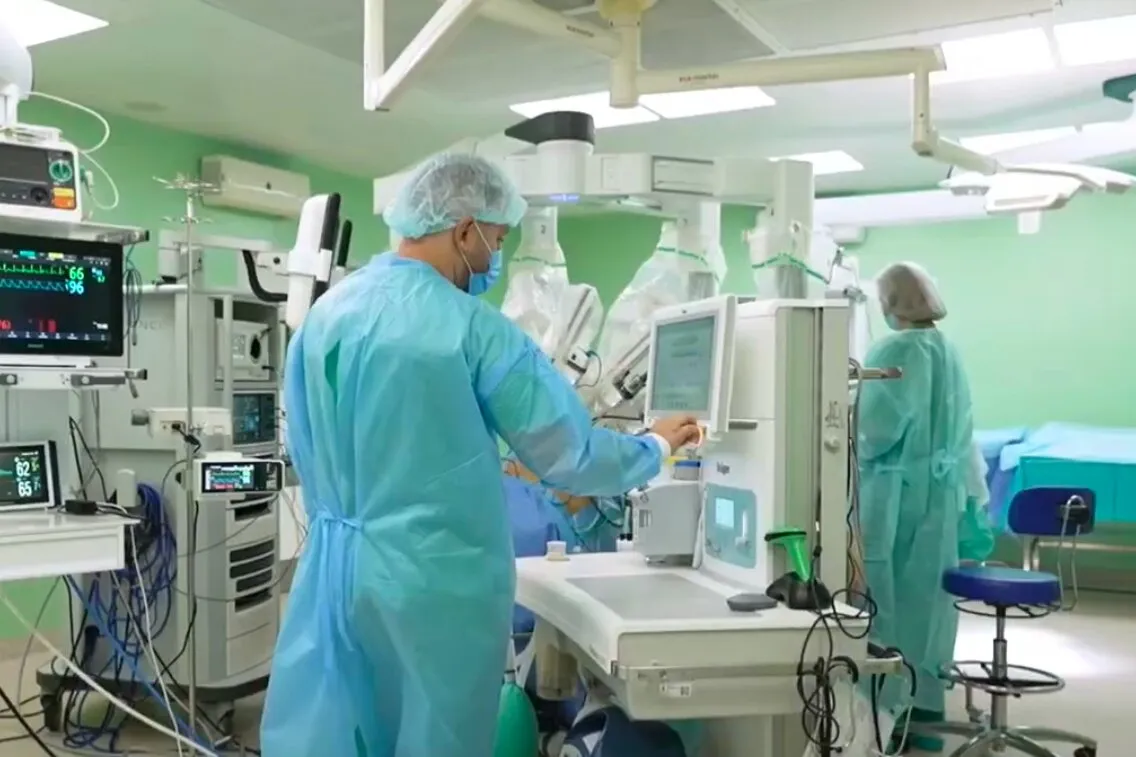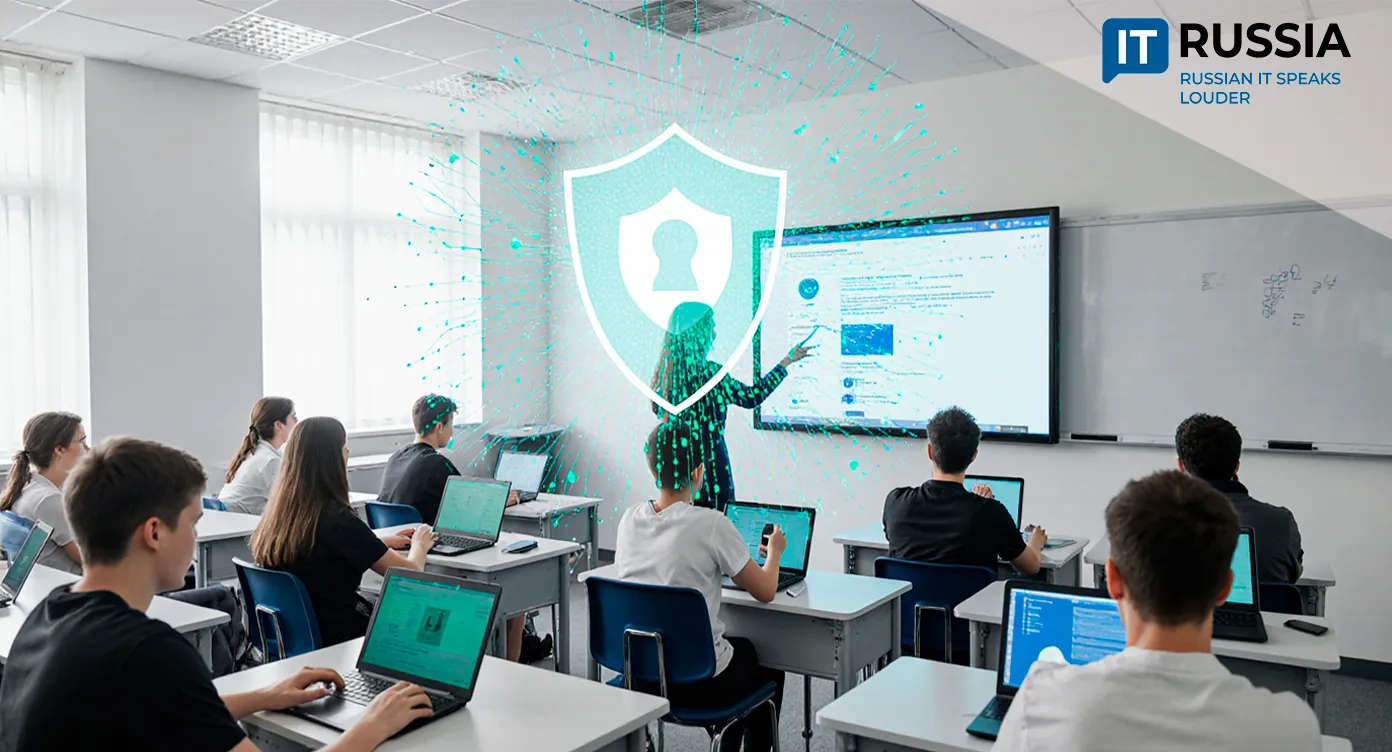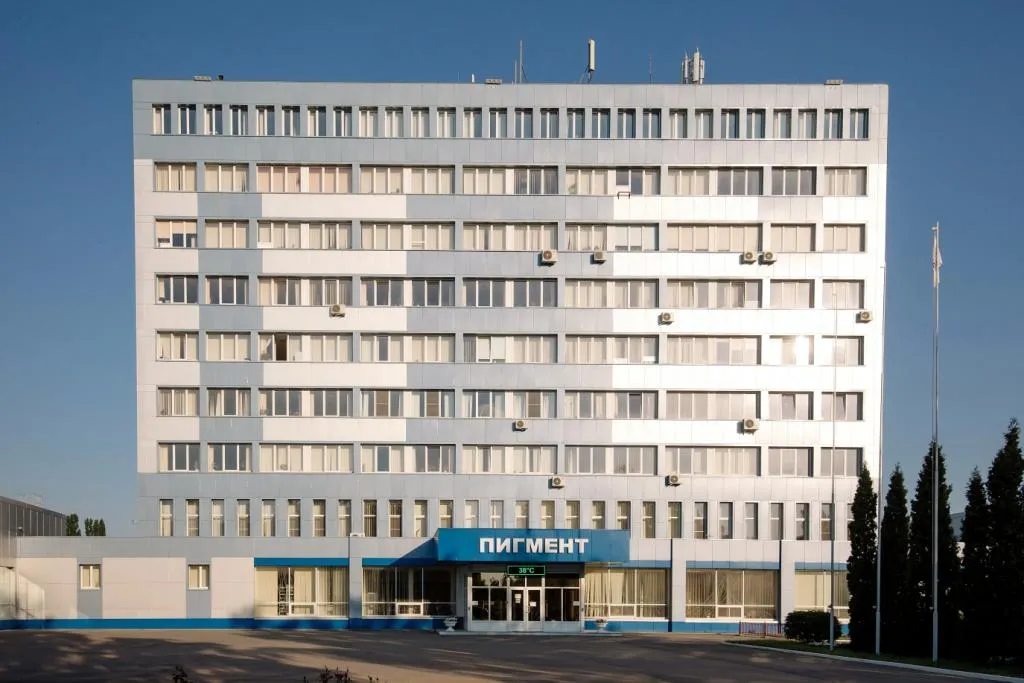Safe Mode in Russia’s MAX Messenger Aims to Protect Schoolchildren
Russia is introducing a “Safe Mode” for students in its national messenger MAX. Activated by default, the feature restricts access to student profiles, allowing messages only from classmates, teachers, and school administrators, while blocking calls and invitations from strangers.
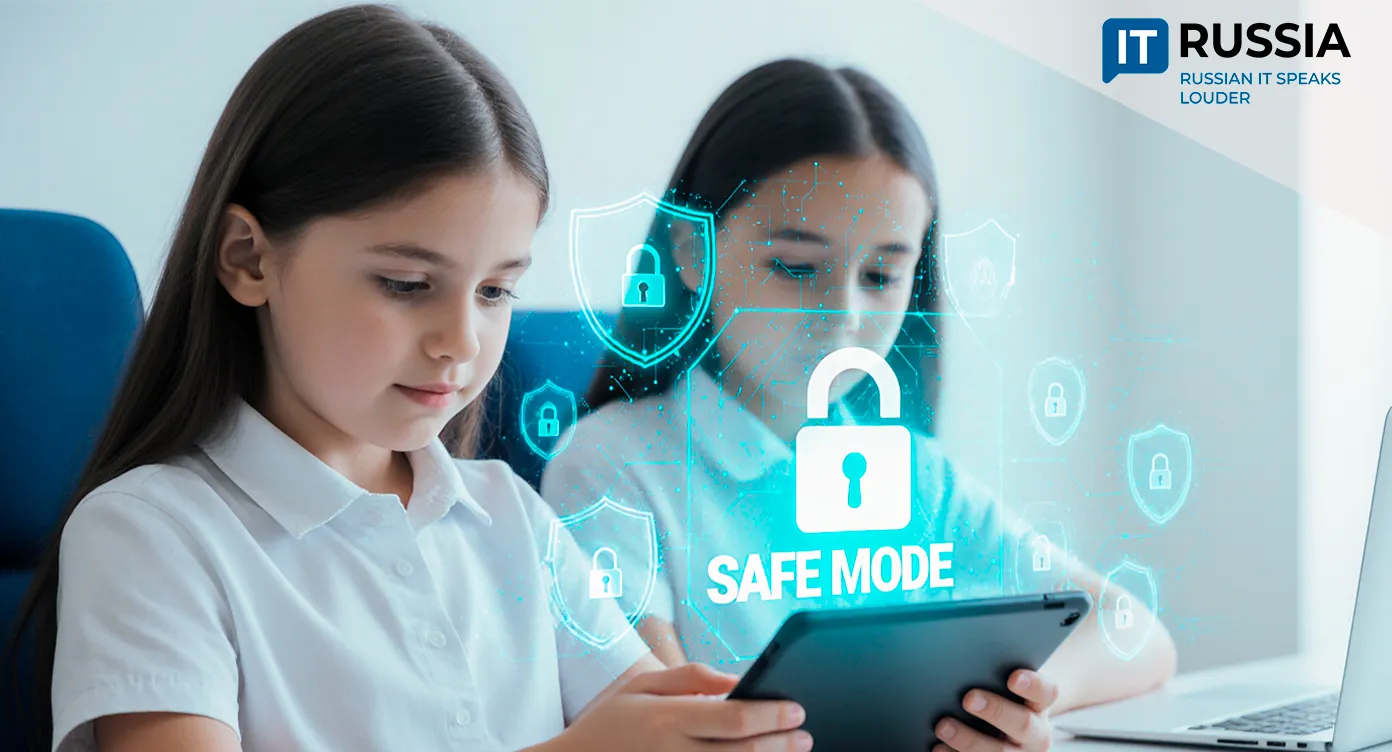
Following International Trends in Child Safety
The launch marks the first step toward an educational communication platform built with child safety in mind. It strengthens the reputation of domestic solutions in the EdTech segment, increases trust in state-backed messengers, and reduces the risk of unwanted external influence on minors. With growing global attention to children’s online safety, Russia’s experience could serve as a model for other countries.
Families gain confidence that their children are protected when exchanging school-related information online. At the national level, the move strengthens Russia’s cybersecurity standards and enhances the standing of local software, while internationally it positions the Russian model as a possible benchmark for safe student communication.
Scaling Nationwide
Although designed for a domestic audience, Safe Mode could become an international reference point for child online safety. The feature is particularly relevant to countries pursuing national messengers and educational tools.

Experts expect the feature to scale across the country, starting with pilot regions. Future integrations may include state services such as school portals and the Unified Identification System. Functional growth is also likely: expanded parental controls, adjustable safety levels, and settings tailored to different age groups.
Strengthening Educational and Communication Systems
Russia has been building digital infrastructure in schools since 2021–2022 under the national “Digital Economy” program and the “Digital Educational Environment” project. More than 149,000 Wi-Fi access points, 31,000 surveillance cameras, and 9,000 video recorders were deployed in schools.
In 2023, Rostec’s Roselectronica holding unveiled secure messengers “Impulse” and “Kolibri,” built on Android and Aurora operating systems, which supported high-security information exchange—though they did not focus specifically on children.
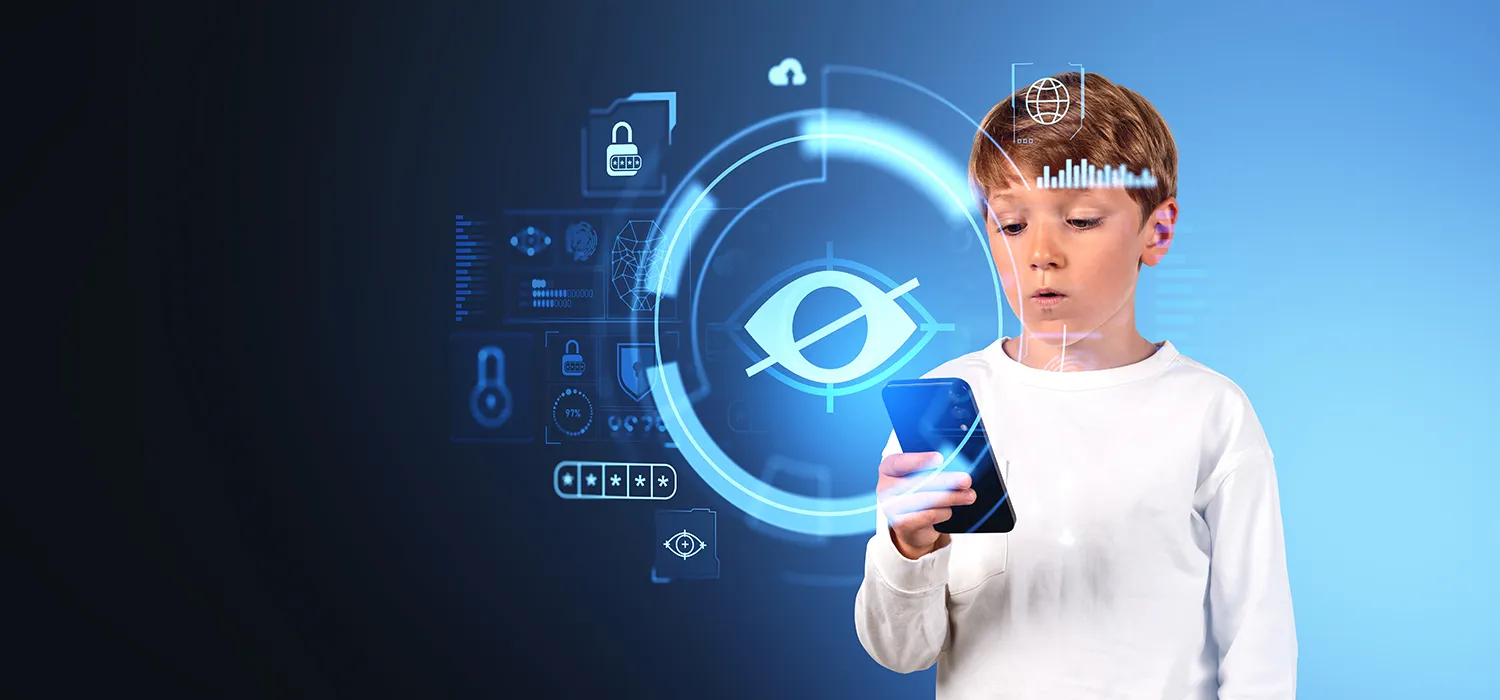
By 2024, a new electronic diary system, “My School,” was launched nationwide, providing online gradebooks, exam prep video lessons, a large library, and chat and video call features. Its primary goals: building a safe educational environment, ensuring equal access to quality content, and raising students’ digital literacy.
In June 2025, Prime Minister Mikhail Mishustin outlined new tasks for strengthening IT infrastructure in education and communications, focusing on quality, safety, and domestic solutions—including Sphere, the developer of MAX. Among 700 major IT companies, a Higher School of Economics survey reported a highly favorable business climate.
These developments show the broader trend toward strengthening national educational and communication systems, with Safe Mode emerging as a distinct innovation focused on protecting children.
Additional Features and Future Prospects
The rollout is timely with the start of the new academic year. Reducing risks for children is seen as a key factor for success. Strong government backing is evident, with coordination between Sphere and the Ministry of Education ensuring a robust implementation framework.
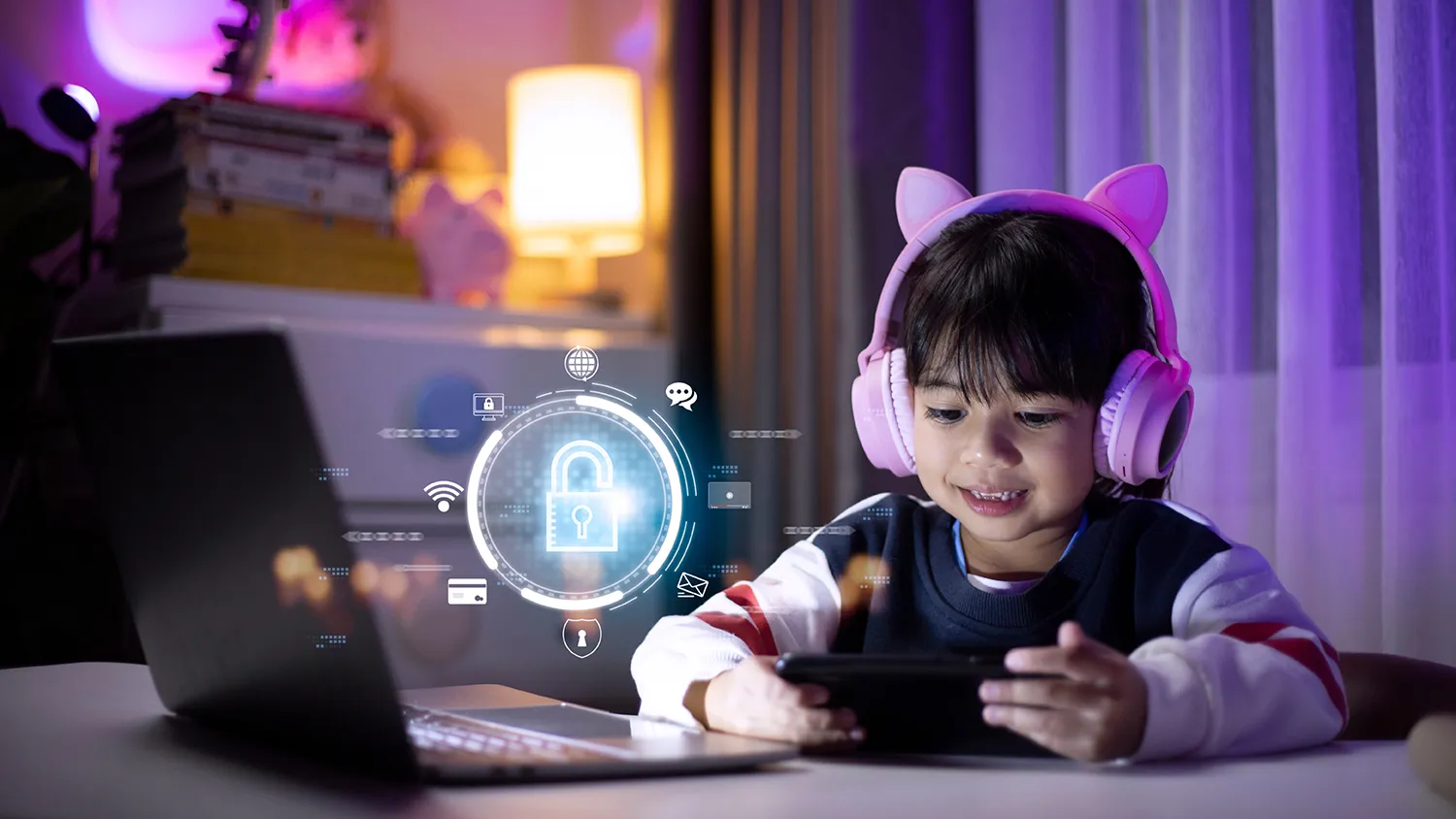
Safe Mode is expected to become the default for all student accounts in MAX. Future upgrades could include parental dashboards, age-based settings, and school-level analytics. International cooperation is also possible with countries seeking to protect children in digital environments, alongside integration with other educational platforms and state infrastructure services.
















